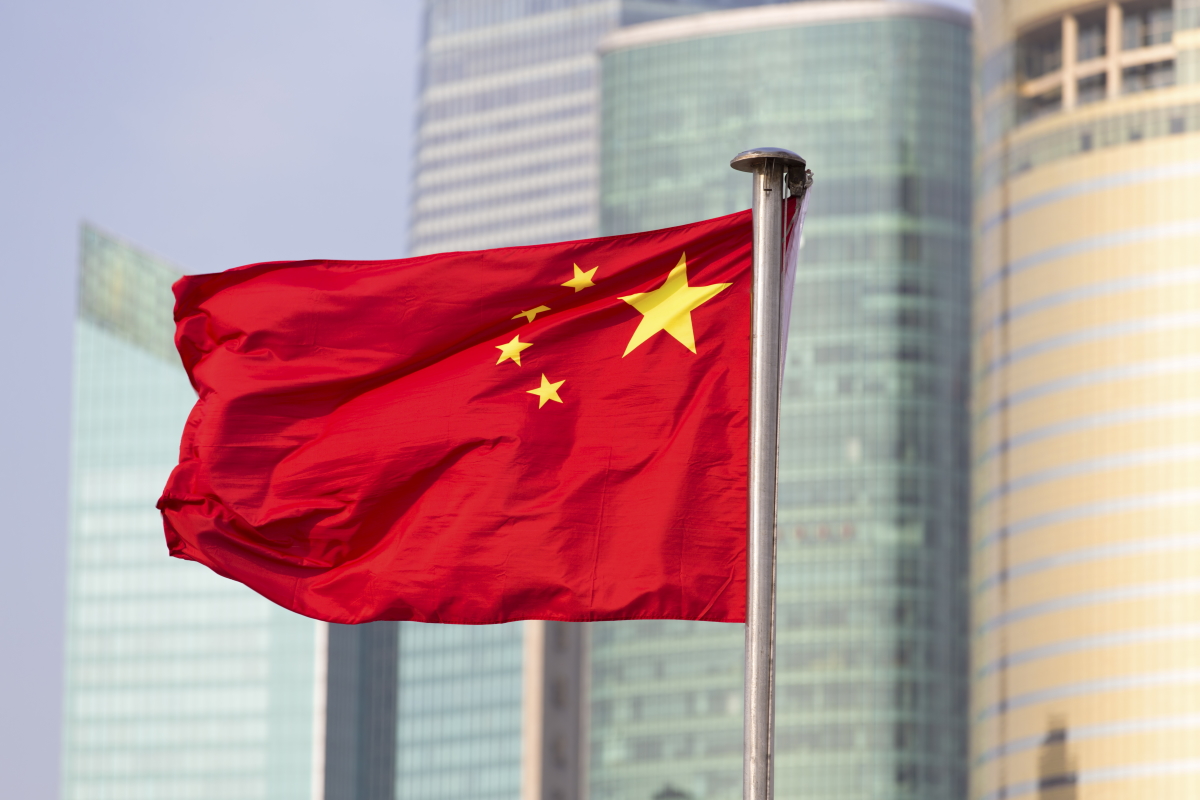Financial markets in China have been hammered in 2022 due to a war in Ukraine, the zero-Covid policy, the tech war with the US and the real estate crisis, among other things. October was an especially bad month for China equity market as investors reacted negatively to the 20th China Communist Party Congress and the leadership reshuffling.
Foreign investors net sold 57.3 bn yuan ($7.9bn) of Chinese A-shares in October, the most since March 2020, with $2.5 bn being pulled on October 31 alone. The party summit was eyed by investors globally to get cues on how China intends to tackle certain issues, but the meeting was disappointing for many as it took a political approach to issues rather than a strong economic stance.
How is China equity performing?
The CSI 300 Index, which tracks the performance of the top 300 stocks trading in Shanghai and Shenzhen, shed 7.78% in October alone, slipping for the fourth straight month. The index was trading at levels seen in February 2019.
Separately, the Hang Seng China Enterprises Index has shed 40% this year alone and saw the worst-ever five-day rout after any party congress meeting since 1994.
A major chunk of these losses has come at the end of October after China said President Xi Jinping will serve for a third term, likely becoming the most influential leader in China after Mao. In the course of the party congress, further ranks were reshuffled so that Xi now has only loyalists around him.
Xi Jinping’s consolidation of power raised concerns that the zero-Covid policy will continue in the medium term at least, impacting economic activity in the country. China’s recently released factory output data showed a contraction in October, with the PMI falling to 49.2 from 50.1 in September.
“All in all, October looks to have been a weak month for the economy, and November looks as if it will be no better than October. Compounding this is the fact that Covid cases are climbing again, and it is possible that we will see further small-scale lockdowns in China,” said Iris Pang, Chief Economist for Greater China at ING.
China quietly imposed fresh lockdowns from Wuhan to the industrial belt on the east coast as cases of Omicron started looking up. Meanwhile, a casino resort in Macau was locked down along with guests after a Covid case was found, while the city also imposed mandatory testing for residents. China on October 30 reported 2,675 new Covid cases, the biggest surge in infections since early October.
Outlook for China equity
Chaos has erupted in Chinese markets, with the recent sell-off in Hong Kong’s Hang Seng index being the worst since the 2008 financial crisis. The NASDAQ Golden Dragon China index, which includes Chinese stocks listed in the US, has wiped out all gains since 2006, declining 30% in October.
Market experts are closely analysing the situation in China. “It clearly makes sense for investors to pay closer attention to how China is governed than has perhaps been customary until quite recently,” says German asset management firm DWS.
“However, the strategic goals emphasized by the CCP (further development, broad distribution and safeguarding of prosperity) suggest that policies will likely take economic development and growth considerations into account. Therefore, they are likely to be more pragmatic than some now seem to fear,” argues Elke Speidel-Walz, Chief Economist of Emerging Markets at DWS.
Niraj Bhagwat, Equity Portfolio Manager, and Philip Brooks, Investment Director at Wellington Management, have a similar opinion. “China equity is clearly out of favour with global investors these days, but if market history is any guide, it is at such times that shrewd allocators should take a closer look,” write Bhagwat and Brooks.
“We still believe risks and upsides for China are balanced, and that investors should consider sticking to benchmark allocations, rather than going underweight,” said UBS in a note. “The Chinese economy should recover in 2023. The bounce in third-quarter GDP growth suggests that the economy is on the path to recovery. Our central case is for economic growth and earnings to improve in 2023.”
The latest China equity rout has seen 99% of Chinese funds losing gains, with only 22 of 2,296 equity funds managing to stay in the green, as per data compiled by financial data provider East Money Information. Chinese equity markets have wiped off $3.6 tn of investor capital in 2022.


 Australia
Australia China
China India
India Indonesia
Indonesia Japan
Japan Malaysia
Malaysia Philippines
Philippines Singapore
Singapore South Korea
South Korea Taiwan
Taiwan Thailand
Thailand Vietnam
Vietnam







